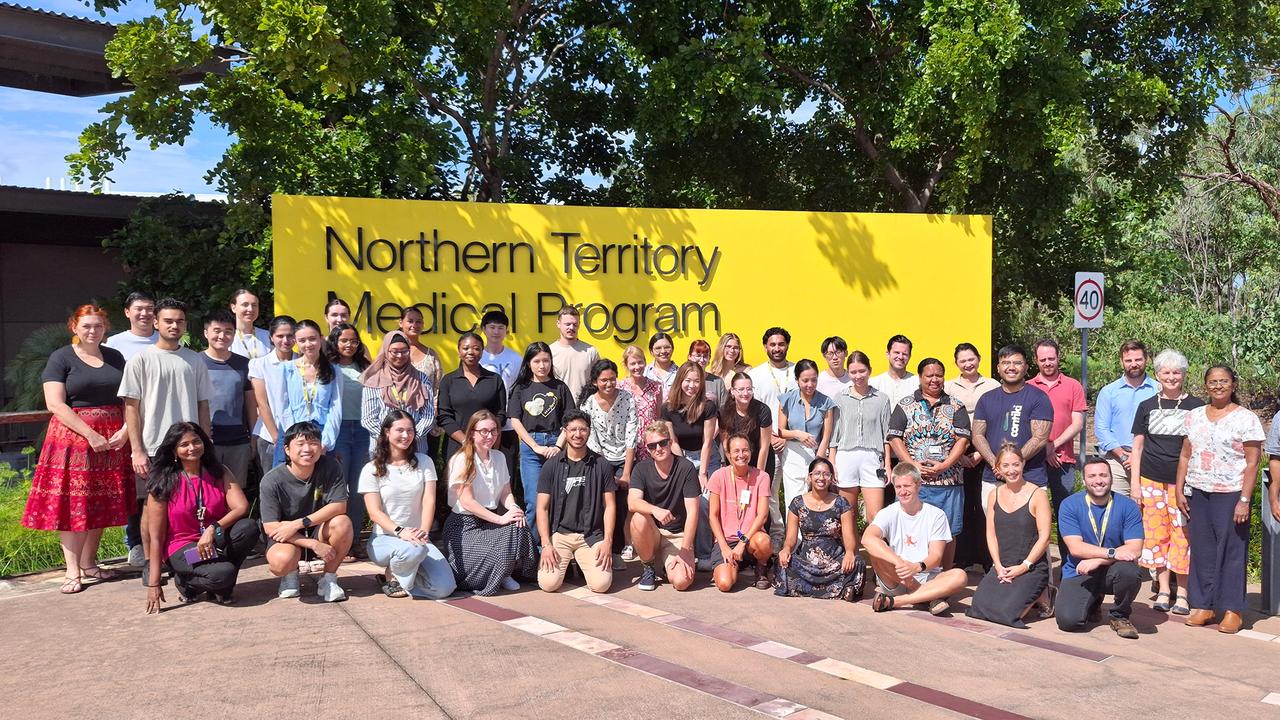Northern Territory defamation laws modernised, strengthened in proposed reforms
Changes to the Territory’s defamation Act aim to modernise laws, strengthen protections for public discourse and journalism, and ease the burden of trivial matters on the courts.

News
Don't miss out on the headlines from News. Followed categories will be added to My News.
The Attorney-General has moved to update the Northern Territory’s defamation laws, helping to bring them in line with other Australian jurisdictions.
Changes to the Defamation Act and the Limitation Act aim to modernise laws, strengthen protections for public discourse and journalism, and ease the burden of trivial matters on the courts.
The Bill includes changes to better account for digital communication, and to increase liability of digital intermediaries such as internet service providers and social media platforms when third parties use their services to publish defamatory content.
It proposes to extend absolute immunity to statements made to police, removing barriers that might deter victims from reporting crimes.
It also introduces a serious harm threshold, requiring plaintiffs to prove the publication of defamatory material has caused or is likely to cause serious harm to their reputation. For corporations the threshold includes demonstrating serious financial loss.
“By imposing this threshold the Bill aims to filter out trivial, minor or frivolous defamation claims early in the litigation process,” Attorney-General Marie-Clare Boothby said.
“This change is intended to reduce the burden on courts, limit unwarranted legal costs for businesses and individuals and promote early resolution of disputes.”

Ms Boothby said reforms would also improve the pre-litigation process, encouraging early resolution before matters made it to the courts.
“This Bill will prevent our legal system from being overburdened by minor matters and protect Territorians from unnecessary legal battles over trivial disputes,” she said.
“Our government is taking action to create an efficient and forward-thinking legal jurisdiction that protects the rights and interests of Territorians.”
The proposal includes an amendment to the Local Court (Criminal Procedure) Act, ensuring that the offence of ‘unlawful publication of defamatory matter’ can be dealt with in the Local Court rather than requiring a Supreme Court trial.
Ms Boothby said the amendment, while deviating from the model defamation reforms, would enhance legal efficiency within the Territory’s justice system.
“By introducing the Bill, our government is applying nationally agreed, innovative reforms to the laws of defamation,” she said.
“I am proud to support a Bill that protects freedom of speech, empowers journalists to hold public figures accountable, and enhances efficiencies in our legal system.”
The Defamation Legislation Amendment Bill has been referred to the Legislative Scrutiny Committee, which will produce a report next month.
More Coverage
Originally published as Northern Territory defamation laws modernised, strengthened in proposed reforms





